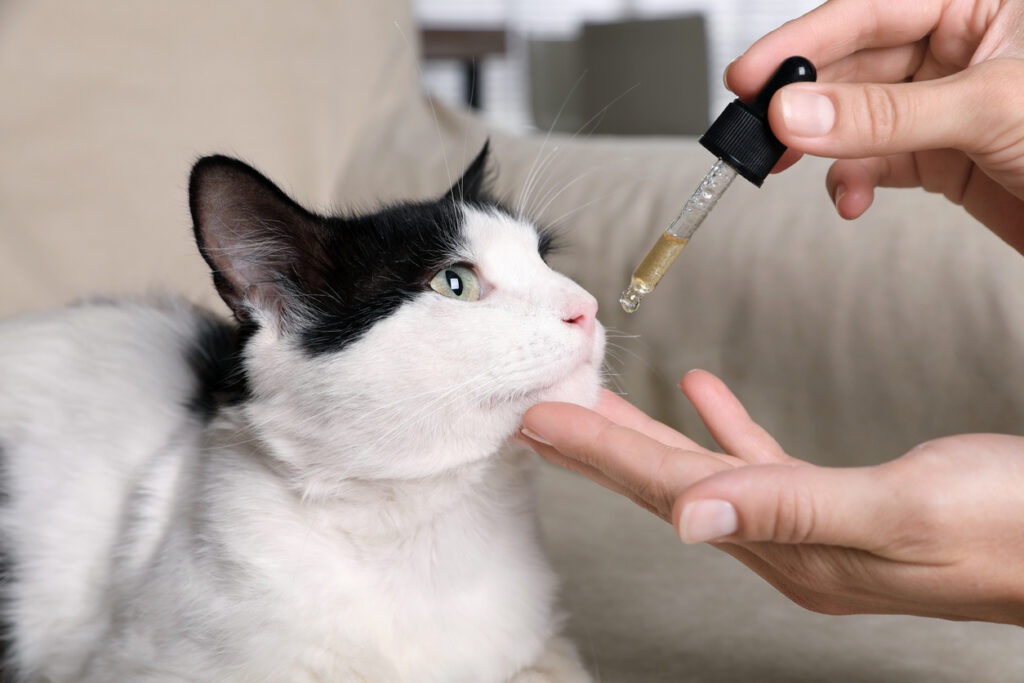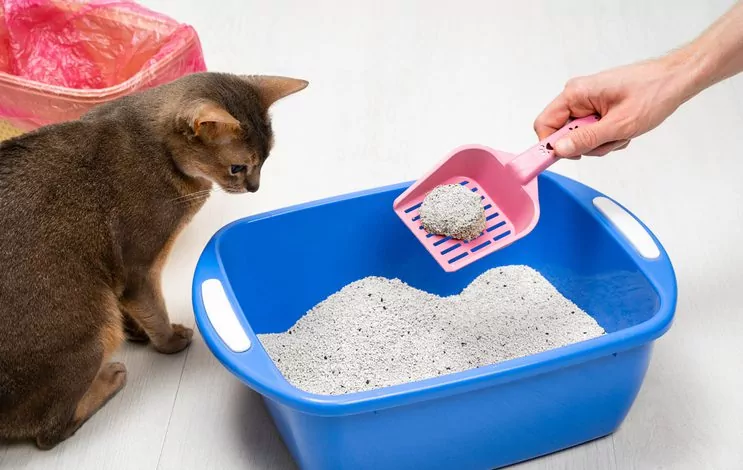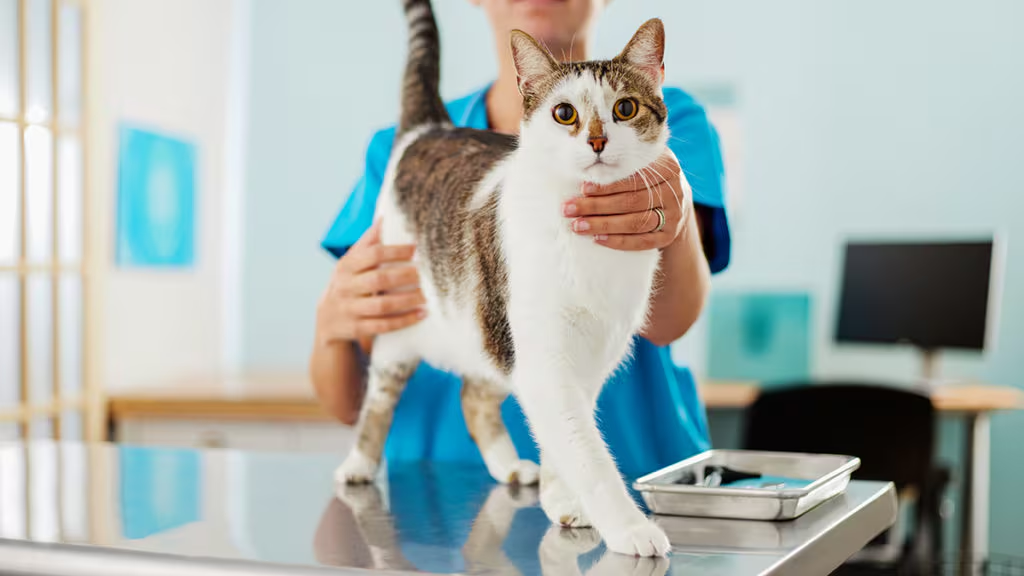Bringing a new feline friend into your home can be an exciting experience, but it also comes with responsibilities. Proper health care is essential to ensure your cat lives a long, happy, and healthy life. This guide provides comprehensive tips on cat health care for beginners, covering everything from nutrition to environmental enrichment.
Nutrition
A balanced diet is crucial for your cat’s health. High-quality commercial cat food typically provides the right balance of nutrients. Look for foods with real meat as the first ingredient, and avoid fillers like corn and soy. Feeding your cat a combination of wet and dry food can help maintain hydration and dental health.
Cat Diet Tips
- Protein-Rich Foods: Cats are obligate carnivores and require a diet high in protein.
- Avoid Human Food: Many human foods can be toxic to cats, including onions, garlic, and chocolate.
- Regular Feeding Schedule: Maintain a consistent feeding schedule to avoid overfeeding.

Vaccination
Vaccinations are vital to protect your cat from infectious diseases. Your vet will provide a vaccination schedule tailored to your cat’s needs, typically starting at six to eight weeks old.
Feline Vaccines
- Core Vaccines: Includes rabies, feline distemper, and feline herpesvirus.
- Non-Core Vaccines: These may be recommended based on your cat’s lifestyle, such as the feline leukemia vaccine.
Grooming
Regular grooming keeps your cat’s coat healthy and reduces shedding. Short-haired cats generally require less grooming than long-haired breeds, but all cats benefit from regular brushing.
Cat Grooming Routines
- Brushing: Brush your cat at least once a week to remove loose fur and prevent matting.
- Bathing: Cats are generally good at grooming themselves, but occasional baths may be necessary.
- Nail Trimming: Trim your cat’s nails every few weeks to prevent overgrowth and splitting.
Dental Care
Dental health is often overlooked but is crucial for your cat’s overall well-being. Poor dental hygiene can lead to tooth decay and gum disease.
Feline Dental Tips
- Tooth Brushing: Brush your cat’s teeth with a pet-safe toothpaste.
- Dental Treats: Provide dental treats or toys to help keep your cat’s teeth clean.
- Regular Vet Check-Ups: Include dental check-ups during routine vet visits.
Exercise
Exercise is essential to keep your cat fit and prevent obesity. Engage your cat in regular playtime with toys that stimulate their hunting instincts.
Cat Physical Activity
- Interactive Toys: Use laser pointers, feather wands, and other interactive toys.
- Climbing Structures: Cat trees and shelves encourage climbing and jumping.
- Scheduled Playtime: Dedicate time each day for active play sessions.
Vet Visits
Regular veterinary care is crucial for early detection of health issues. Schedule annual check-ups and keep up with vaccinations and parasite control.
Feline Veterinary Care
- Annual Check-Ups: Regular exams help monitor your cat’s health.
- Parasite Prevention: Use flea, tick, and worm preventatives as recommended by your vet.
- Dental Cleanings: Professional cleanings can prevent serious dental issues.
Parasite Prevention
Protecting your cat from parasites like fleas, ticks, and worms is vital. Use preventive treatments recommended by your vet.
Flea and Tick Control
- Topical Treatments: Apply monthly topical flea and tick preventatives.
- Regular Inspections: Check your cat’s coat regularly for signs of fleas and ticks.
- Clean Environment: Maintain a clean living space to reduce the risk of infestations.
Behavior Understanding
Understanding your cat’s behavior helps you address issues and strengthen your bond. Cats communicate through body language, vocalizations, and behavior changes.
Cat Behavior Tips
- Observe Body Language: Learn to read your cat’s signals, such as tail position and ear movement.
- Respond to Needs: Address your cat’s needs for attention, food, and play.
- Behavioral Issues: Consult your vet or a behaviorist if your cat exhibits problematic behaviors.
Litter Box Maintenance
A clean litter box is essential for your cat’s health and comfort. Choose the right type of litter and maintain cleanliness.
Cat Litter Tips
- Type of Litter: Experiment with different types to find what your cat prefers.
- Clean Regularly: Scoop the litter box daily and change the litter weekly.
- Location: Place the litter box in a quiet, accessible area.

Senior Cat Care
As cats age, their health care needs change. Senior cats require special attention to maintain their quality of life.
Older Cat Tips
- Regular Vet Visits: Increase the frequency of vet visits to monitor age-related issues.
- Diet Adjustments: Provide a diet tailored to senior cats’ nutritional needs.
- Comfort: Ensure your senior cat has a comfortable living environment.
Hydration
Adequate hydration is crucial for your cat’s health. Cats can be prone to urinary tract issues if they do not drink enough water.
Cat Water Intake
- Fresh Water: Provide fresh water daily and consider using a cat water fountain.
- Wet Food: Incorporate wet food into your cat’s diet to increase water intake.
- Multiple Water Sources: Place water bowls in different areas of your home.
Stress Management
Cats can experience stress from changes in their environment or routine. Managing stress is essential for their mental and physical health.
Cat Anxiety Relief
- Safe Spaces: Provide hiding spots where your cat can retreat.
- Routine: Maintain a consistent daily routine to reduce anxiety.
- Calming Products: Use pheromone diffusers or calming sprays if necessary.
Spaying/Neutering
Spaying or neutering your cat is important for population control and can prevent certain health issues.
Feline Spay/Neuter Advice
- Health Benefits: Reduces the risk of certain cancers and behavioral issues.
- Timing: Consult your vet for the best age to spay or neuter your cat.
- Post-Surgery Care: Follow post-operative care instructions to ensure proper healing.
Indoor Safety
Ensuring your home is safe for your cat is crucial to prevent accidents and injuries.
Cat-Proofing Home
- Secure Hazards: Keep harmful substances out of reach and secure heavy objects.
- Safe Plants: Avoid toxic plants like lilies and poinsettias.
- Windows and Balconies: Install screens or barriers to prevent falls.
Playtime
Play is essential for your cat’s mental and physical health. Provide a variety of toys and engage in interactive play.
Cat Toys
- Variety: Offer different types of toys to keep your cat interested.
- Interactive Play: Spend time playing with your cat each day.
- DIY Toys: Create simple toys from household items like cardboard boxes.

Socialization
Proper socialization helps your cat become comfortable with people and other pets.
Cat Interaction
- Early Socialization: Expose kittens to different people and environments.
- Positive Experiences: Ensure interactions are positive to build trust.
- Patience: Allow your cat to approach new situations at their own pace.
Allergies
Cats can suffer from allergies just like humans. Identifying and managing allergies is important for their comfort.
Cat Allergy Advice
- Common Allergens: Identify potential allergens like certain foods or environmental factors.
- Allergy Testing: Consult your vet for allergy testing if your cat shows symptoms.
- Treatment: Follow your vet’s advice for managing allergies, which may include dietary changes or medications.
Microchipping
Microchipping your cat is a safe and effective way to ensure they can be identified if they become lost.
Feline Microchip Advice
- Procedure: Microchipping is a quick and minimally invasive procedure.
- Registration: Register the microchip with a national database.
- Update Information: Keep your contact information up-to-date in the database.
Weight Management
Maintaining a healthy weight is crucial for your cat’s overall health and longevity.
Cat Weight Tips
- Balanced Diet: Provide a diet appropriate for your cat’s age, weight, and activity level.
- Portion Control: Avoid overfeeding by measuring food portions.
- Regular Exercise: Encourage daily physical activity to help maintain a healthy weight.
Common Illnesses
Being aware of common illnesses can help you catch health issues early.
Cat Sickness Tips
- Symptoms: Watch for changes in behavior, appetite, and litter box use.
- Vet Visits: Schedule prompt vet visits if you notice any signs of illness.
- Preventive Care: Regular vaccinations and check-ups can help prevent common illnesses.

First Aid
Knowing basic first aid can be lifesaving in emergencies.
Cat Emergency Tips
- First Aid Kit: Keep a pet first aid kit with essentials like bandages and antiseptic.
- Emergency Numbers: Have your vet’s number and an emergency clinic’s number handy.
- CPR and Handling: Learn how to perform CPR and safely handle your cat in emergencies.
Environmental Enrichment
Creating a stimulating environment is crucial for your cat’s mental and physical health.
Cat Enrichment Ideas
- Interactive Toys: Use puzzle feeders and interactive toys to challenge your cat.
- Vertical Space: Provide shelves and cat trees for climbing.
- Window Views: Create perches near windows for your cat to watch the outdoors.
Training
Training can help manage your cat’s behavior and strengthen your bond.

Cat Training Tips
- Positive Reinforcement: Use treats and praise to encourage good behavior.
- Consistency: Be consistent with commands and expectations.
- Patience: Training takes time and patience; progress may be slow but steady.





















